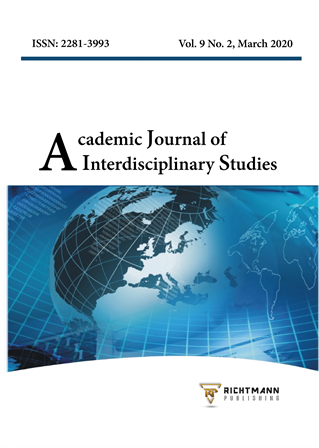Legal Policy Granting Status of Fresh Start to the Individual Bankrupt Debtor in Developing the Bankruptcy Law in Indonesia
DOI:
https://doi.org/10.36941/ajis-2020-0033Abstract
The objectives of this research are to identify and assess the granting of discharge as of debt in the bankruptcy law in Indonesia and legal policy regarding granting status of fresh start to individual debtors, which are in a good faith and is not able, after termination of bankruptcy, in order to develop bankruptcy law in Indonesia. The analysis is directed to explain the legal policy on granting status of fresh start to the individual bankrupt debtor in order to develop the Bankruptcy Law in Indonesia. Bankruptcy was originally conceived as a punishment for an act that is considered a criminal conduct because of the debtors’ bad faith to avoid debt. Modern bankruptcy law is aimed as an exit from financial distress. The bankruptcy law system in Indonesia adheres to a principle of “debt collective” which comes in the form of a general seizure over the debtor’s bankruptcy assets as collateral for debts repayment. This study offers an novelty in that bankruptcy law in Indonesia does not adhere to the principle of “debt forgiveness”, in which bankruptcy is a legal institution used as a way to ease the burden of debtors due to financial difficulties through the form of elimination of individual debtor’s remaining debt. After the bankruptcy ends, creditors obtain his execution rights over the property rights of the debtor, particularly on the receivable that have not been fully paid which the debtor is obligated to pay up in full.
Downloads
Downloads
Published
Issue
Section
License
This work is licensed under a Creative Commons Attribution-NonCommercial 4.0 International License.








